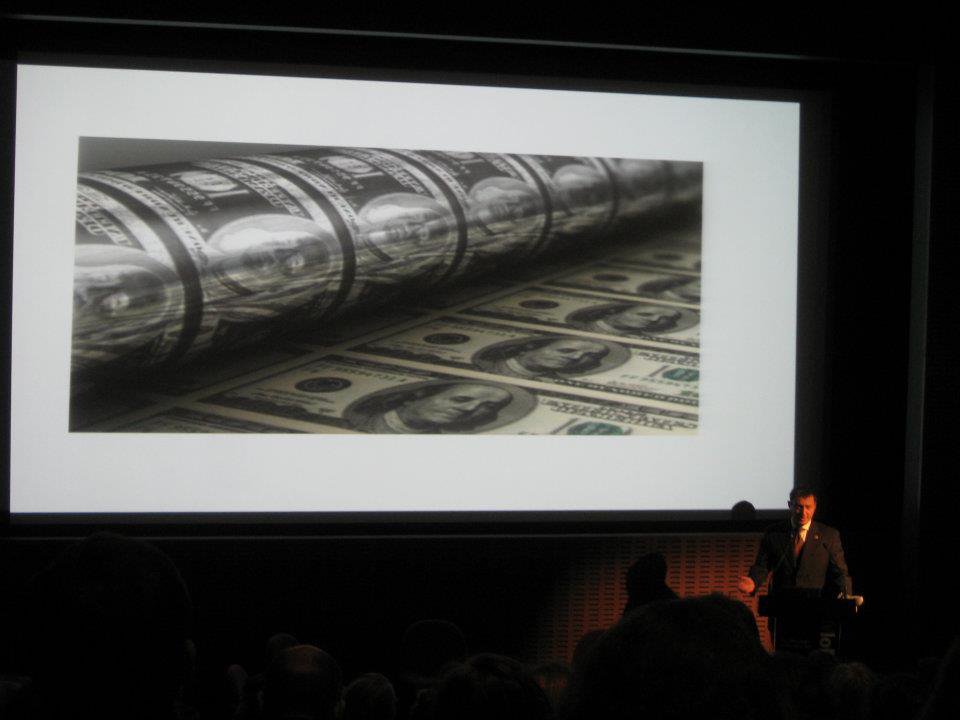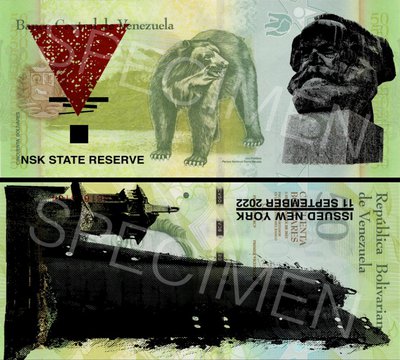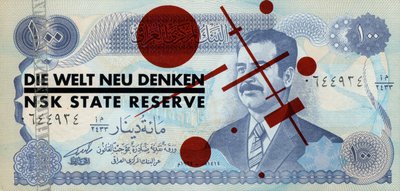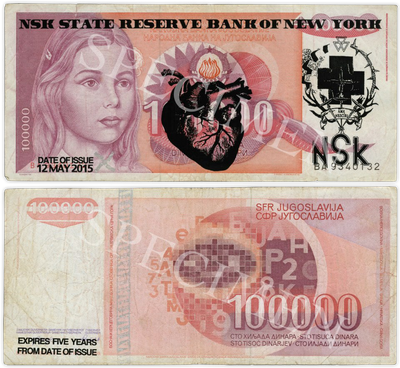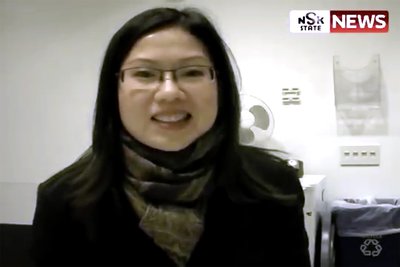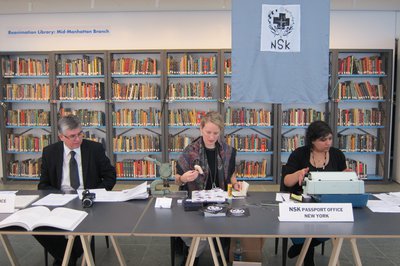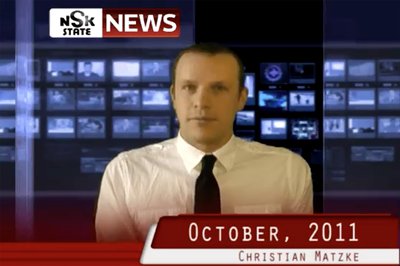Friends and Citizens,
Even a state built upon appropriation of the past will eventually find itself in the present, at least for a moment. Behind us, at an ever-increasing distance, we see our genesis: stories about passports, artifacts as raw as flint knives. As this distance grows we must ask ourselves, how will we meet this opportunity, this new vantage point that time offers us?
A little over a year ago, in October of 2010, the first NSK Citizens’ Congress was held in Berlin. An international group of delegates convened to discuss matters of the State. Miran and other founding members of the NSK collective were present, and waited expectantly for the citizens to take the reins. There was no consensus among the delegates to do so. There was a great reluctance to stray far from our founders.
In reports published in the wake of the Congress and in the recently published book, State of Emergence, which documents it, this reluctance is illustrated and examined. Delegate Igor Vidmar, in the transcripts, declared that we should “articulate our over-identification with NSK and the NSK State” as part of our work at the Congress. Delegate Avi Pitchon, in a report, suggests that rather than take the reins of the State, the delegates first had to demonstrate their understanding of the State and its principles (“How can one go above and beyond the law before earning the sovereignty to do so by merit of mastering it?“). My own impression was that the delegates did not feel empowered to change the status quo, nor did they desire to. There was an abundance of respect for the NSK collective and the state as they had created it.
This is not surprising. Who better to attend a First Citizens’ Congress than citizens of such passion for their state and its history? Citizens well-versed in the Yugoslavian context, to whom the hidden reverse was familiar territory? This rich history and the multifaceted analysis of it cast a long shadow at the Congress.
That shadow continues through the present day. The existing expressions of the NSK State are so intriguing that it often seems that by simply revisiting them, or re-enacting them, we should be able to invoke their original heroism. But can a re-enactment be heroic? Can an imitation be so timely as the original deed?
The tools of state have evolved over time and distance from Slovenia, 1991. The value of a passport to a refugee from a dissolving country, or a citizen of a newly cast one, is inestimable. The power of a sanctioned printing press in this role is transcendent. But is this still so, at this moment, here within our stable North American borders where only a third of our citizens bother get passports? Is the printing press still such a transcendent tool of the state? Of course, although its application may be less obvious. The power of the sanctioned press of the state, as it is used here, today, is most expressed not in the production of passports, or instruments of national identity, but in that they almost literally produce our bread and butter, in the production of money.
Is anyone here carrying money? What could be less obscure? More crass? Why should something so workaday as money be worthy of the same interrogation as national identity, or the cruel binary logic of national borders? Its ubiquity? It’s unquestioned role in our lives? Certainly. But further, consider this. A recent article in Businessweek described a scene that could have played out almost a century ago, along the border of a dissolving Russian empire: police in Argentina have recently begun using specially trained dogs to sniff out valuables leaving their country. They are not looking for gold, or jewelry. These dogs have been trained to detect “papyrus, the dry touch of birch and a hint of aldehydes for the slight metallic accent”, that is, the smell of American dollars.
For a state, its currency is more than just a means of exchange. It is tool of control, and a hallmark of sovereignty. With its printing presses, a state can produce as many copies of your bills as it pleases. It can give those bills more zeroes, or take them away. It can even sublimate its currency into another, to conjure up a new group identity. To press a point that is often made in alarm, but is correct, there is no innate value in our printed currency; it is not backed by a commodity like gold. It’s only worth is imposed by the will of the state, by fiat.
This point is central to the arguments made by David Graeber, one of the architects of the Occupy movement. Before he manned the lines at Zucotti park, he was writing a book about our notions of money, and debt, and how the state’s enforcement of their value is a means of control. He refers to debt as “human arrangements“. Compacts that we are theoretically free to tinker with if we choose.
And some people do. Like a state, money is an abstraction, one that we have seen become more and more abstract, more and more malleable, as our financial professionals become more and more creative. These are our true artists.
Surely, when the state so actively compels us to participate in such an arrangements, NSK State must be there. The NSK State is more than its history. It demonstrates a unique set of intellectual tools. The power of recontextualization to bring the present moment into a past one, the ability of overidentification with the Other to defy our pat judgements. These tools must be continuously applied if the State is to flourish. As non-virtual states mutate and adapt, we cannot let their new paradoxes go unaddressed. Rather than reveling infinitely in the wounds of another, ripped at again and again until it becomes a cheap horror film, we must bravely expose fresh wounds, our own, or they will pass by unexamined, unhealed. We should not fear that the NSK State is not relevant to our new world, to our new wounds. The NSK State is always relevant.
But often our time, our energy, and interest is consumed by the past, reliving it, re-examining it. Can we escape the past of our State in Time? Can any victim or transgressor escape their past? The past is not there for us to escape. But it is there for us to take. We must appropriate this past, and make of it something uniquely our own.
